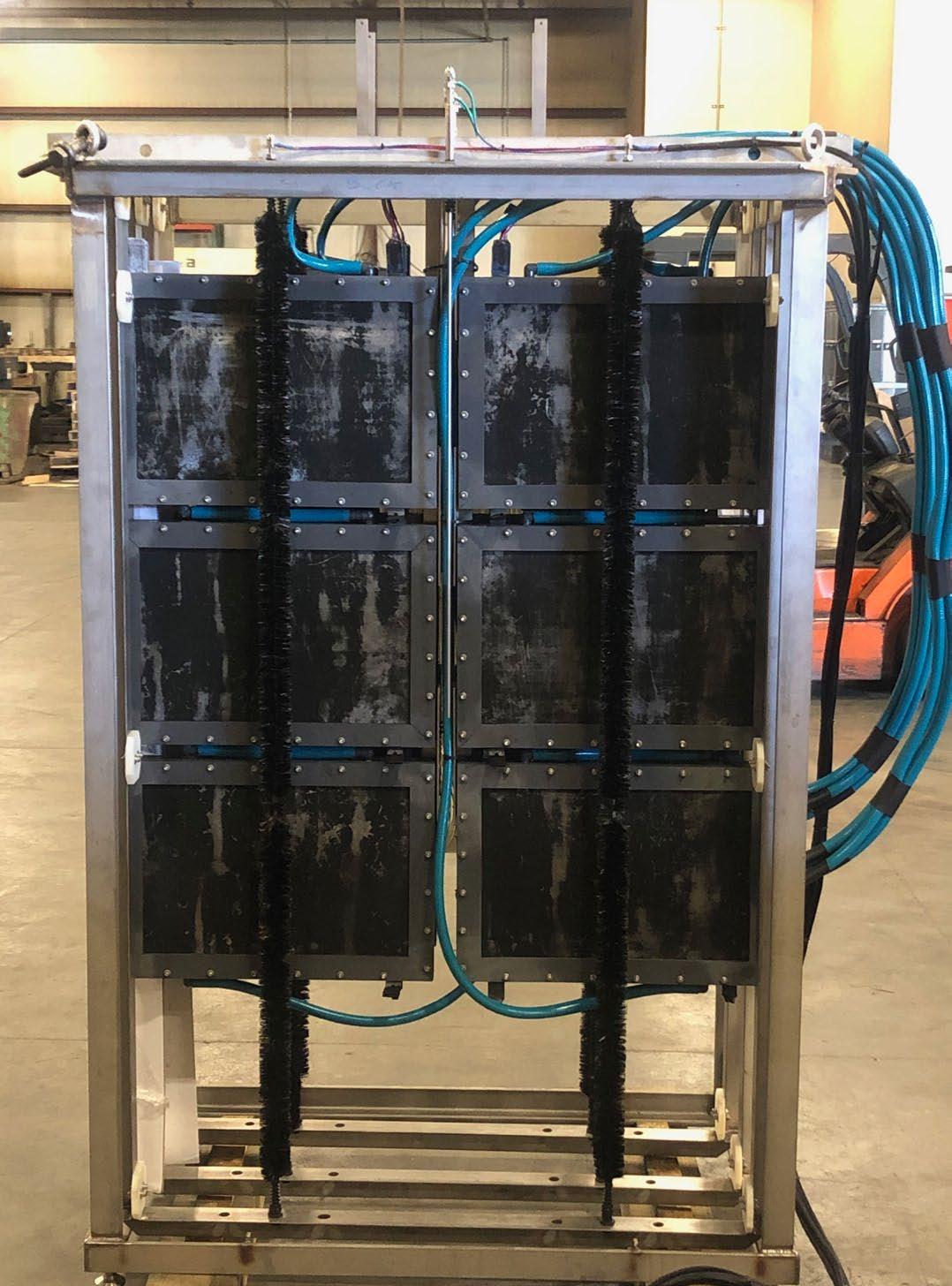
1 minute read
Carol Maxwell, CEO, MICROrganic Technologies
Carol Maxwell
CEO MICROrganic Technologies
Advertisement
What are your hopes for the future of our water sources?
My hope is that the US and other industrial countries will work much harder to address climate change - starting with energy-intensive industries. If we don’t do this, the state of our planet will only worsen.
Why is water quality still a topic of concern globally?

First, drinking water and wastewater treatment infrastructure is expensive to build and maintain. It is also fair to say that, in regions and countries that have up-todate water/wastewater systems, the energy use is very high. For most municipalities, it is one of the most energy-intensive processes.
Of course, in countries with weak power grids, sanitation and drinking water treatment are either not feasible, or very limited in scope, which leads to both human and ecological health issues. What role does the water industry play in improving water quality?
This is an issue that is often determined by the degree to which a state, country, and municipality can provide funding for adding or upgrading water and wastewater systems. Given the climate change issues that are also affecting these systems, there is more focus on resilience and energy-efficiency.
What steps are you taking to help improve water quality?
Our contribution to this area is two-fold. First, our technology (VIVA MFC) reduces secondary treatment energy use by 85-90%. Also, VIVA generates continuous DC power that can be stored to mitigate energy use in other parts of the plant. VIVA also provides real-time data on the system, which plants can use to optimise energy use.
If you could change one thing about the way water quality is managed currently, what would it be?
Wider and faster adoption of water re-use.
What role do you think technology will play in securing water quality?
Right now, there is progress, both in more energy-efficiency, and more recently, dealing with PFAS and other compounds that are dangerous to humans and ecosystems.
Website: microrganictech.com











